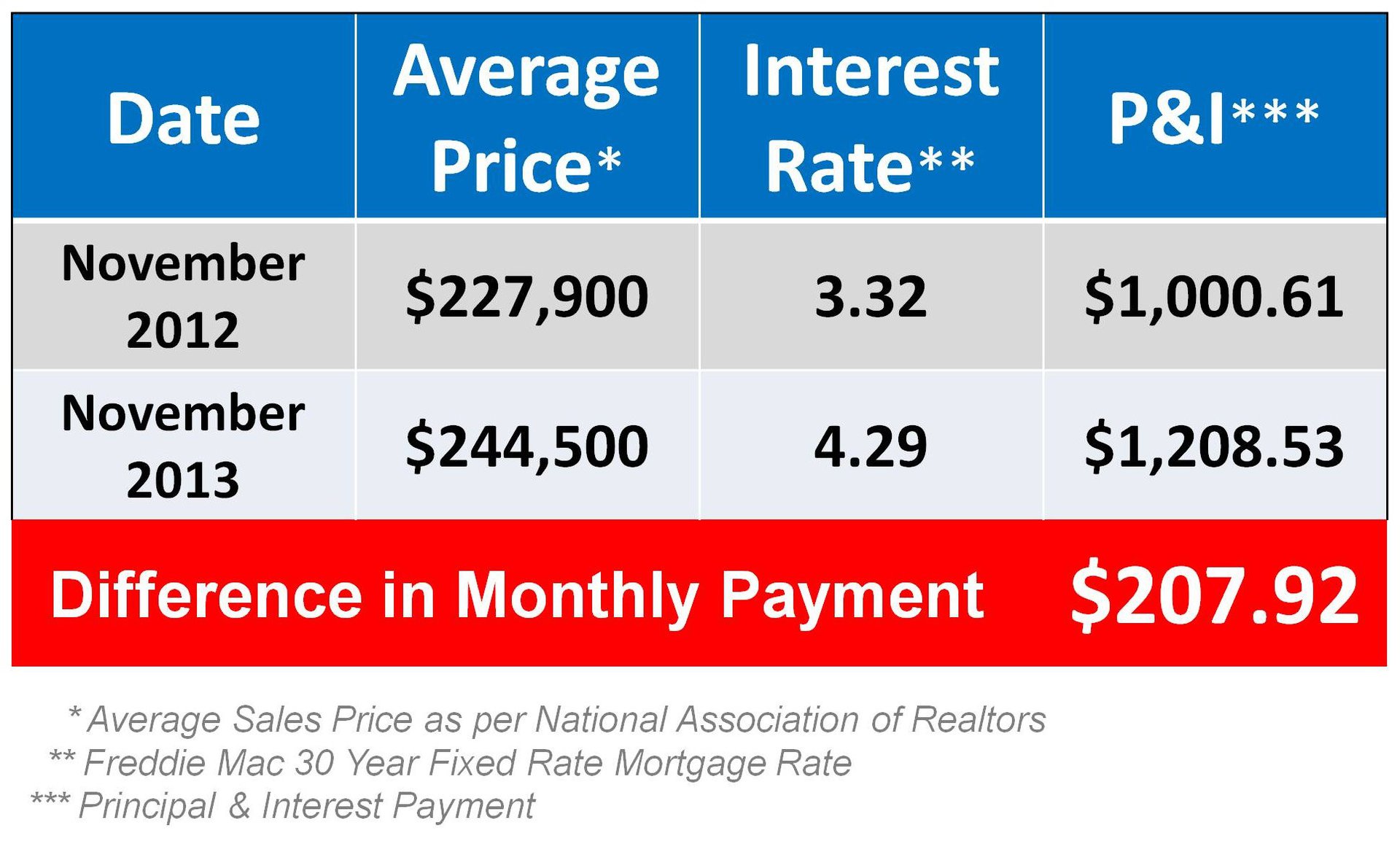Don't-Miss Home Tax Breaks
Published: January 10, 2013
From the mortgage interest deduction to energy tax credits, here are the tax tips you need to get a jump on your returns.
Mortgage interest deduction
Private mortgage insurance deduction
Prepaid interest deduction
Energy tax credits
Vacation or second home tax deductions
Home buyer tax credit repayment
Property tax deduction
Mortgage interest deduction
One of the neatest deductions itemizing home owners can take advantage of is the mortgage interest deduction, which you claim on Schedule A. To get the mortgage interest deduction, your mortgage must be secured by your home — and your home can even be a house trailer or boat, as long as you can sleep in it, cook in it, and it has a toilet.
Interest you pay on a mortgage of up to $1 million — or $500,000 if you’re married filing separately — is deductible when you use the loan to buy, build, or improve your home.
If you take on another mortgage (including a second mortgage, home equity loan, or home equity line of credit) to improve your home or to buy or build a second home, that counts towards the $1 million limit.
If you use loans secured by your home for other things — like sending your kid to college — you can still deduct the interest on loans up $100,000 ($50,000 for married filing separately) because your home secures the loan.
PMI and FHA mortgage insurance premiums
Helpfully, the government extended the mortgage insurance premium deduction through 2013. You can deduct the cost of private mortgage insurance as mortgage interest on Schedule A — meaning you must itemize your return. The change only applies to loans taken out in 2007 or later.
What’s PMI? If you have a mortgage but didn’t put down a fairly good-sized down payment (usually 20%), the lender requires the mortgage be insured. The premium on that insurance can be deducted, so long as your income is less than $100,000 (or $50,000 for married filing separately).
If your adjusted gross income is more than $100,000, your deduction is reduced by 10% for each $1,000 ($500 in the case of a married individual filing a separate return) that your adjusted gross income exceeds $100,000 ($50,000 in the case of a married individual filing a separate return). So, if you make $110,000 or more, you lose 100% of this deduction (10% x 10 = 100%).
Besides private mortgage insurance, there's government insurance from FHA, VA, and the Rural Housing Service. Some of those premiums are paid at closing and deducting them is complicated. A tax adviser or tax software program can help you calculate this deduction. Also, the rules vary between the agencies.
Prepaid interest deduction
Prepaid interest (or points) you paid when you took out your mortgage is 100% deductible in the year you paid them along with other mortgage interest.
If you refinance your mortgage and use that money for home improvements, any points you pay are also deductible in the same year.
But if you refinance to get a better rate and term or to use the money for something other than home improvements, such as college tuition, you’ll need to deduct the points over the term of the loan. Say you refi for a 10-year term and pay $3,000 in points. You can deduct $300 per year for 10 years.
So what happens if you refi again down the road?
Example: Three years after your first refi, you refinance again. Using the $3,000 in points scenario above, you’ll have deducted $900 ($300 x 3 years) so far. That leaves $2,400, which you can deduct in full the year you complete your second refi. If you paid points for the new loan, the process starts again; you can deduct the points over the term of the loan.
Home mortgage interest and points are reported on IRS Form 1098. You enter the combined amount on line 10 of Schedule A. If your 1098 form doesn’t indicate the points you paid, you should be able to confirm the amount by consulting your HUD-1 settement sheet. Then you record that amount on line 12 of Schedule A.
Energy tax credits
The energy tax credit of up to a lifetime $500 had expired in 2011. But the Feds extended it for 2012 and 2013. If you upgraded one of the following systems this year, it’s an opportunity for a dollar-for-dollar reduction in your tax liability: If you get the $500 credit, you pay $500 less in taxes.
- Biomass stoves
- Heating, ventilation, air conditioning
- Insulation
- Roofs (metal and asphalt)
- Water heaters (non-solar)
- Windows, doors, and skylights
- Storm windows and doors
Varying maximums
Some of the eligible products and systems are capped even lower than $500. New windows are capped at $200 — and not per window, but overall. Read about the fine print in order to claim your energy tax credit.
- Determine if the system is eligible. Go to Energy Star’s website for detailed descriptions of what’s covered. And talk to your vendor.
- The product or system must have been installed, not just contracted for, in the tax year you'll be claiming it.
- Save system receipts and manufacturer certifications. You’ll need them if the IRS asks for proof.
- File IRS Form 5695 with the rest of your tax forms.
Vacation home tax deductions
The rules on tax deductions for vacation homes are complicated. Do yourself a favor and keep good records about how and when you use your vacation home.
- If you’re the only one using your vacation home (you don’t rent it out for more than 14 days a year), you can deduct mortgage interest and real estate taxes on Schedule A.
- Rent your vacation home out for more than 14 days and use it yourself fewer than 15 days (or 10% of total rental days, whichever is greater), and it’s treated like a rental property. Those expenses get deducted using Schedule E.
- Rent your home for part of the year and use it yourself for more than 14 days and you have to keep track of income, expenses, and divide them proportionate to how often you used and how often you rented the house.
Home buyer tax credit
There were federal first-time home buyer tax credits in 2008, 2009, and 2010.
- If you claimed the home buyer tax credit for a purchase made after April 8, 2008, and before Jan. 1, 2009, you must repay 1/15th of the credit over 15 years, with no interest.
- If you used the tax credit in 2009 or 2010 and then sold your house or stopped using it as your primary residence, within 36 months of the purchase date, you also have to pay back the credit. Example: If you bought a home in 2010 and sold in 2012, you pay it back with your 2012 taxes.
- That repayment rules are less rigorous for uniformed service members, Foreign Service workers, and intelligence community workers who get sent on extended duty at least 50 miles from their principal residence.
Members of the armed forces who served overseas got an extra year to use the first-time home buyer tax credit. If you were abroad for at least 90 days between Jan. 1, 2009, and April 30, 2010, and you bought your home by April 30, 2011, and closed the deal by June 30, 2011, you can claim your first-time home buyer tax credit.
The IRS has a tool you can use to help figure out what you owe.
Property tax deduction
You can deduct on Schedule A the real estate property taxes you pay. If you have a mortgage with an escrow account, the amount of real estate property taxes you paid shows up on your annual escrow statement.
If you bought a house this year, check your HUD-1 Settlement statement to see if you paid any property taxes when you closed the purchase of your house. Those taxes are deductible on Schedule A, too.
This article provides general information about tax laws and consequences, but shouldn’t be relied upon as tax or legal advice applicable to particular transactions or circumstances. Consult a tax professional for such advice; tax laws may vary by jurisdiction.
For more information, visit HouseLogic.com
?-Steve and Sandra
Steve Hill and Sandra Brenner
Windermere Real Estate/FN
Seattle-Northwest
122502 Greenwood Ave N
Seattle WA 98133
call/text: 206-769-9577
email: stevehill@windermere.com
Check out these useful Home Search Apps:
Windermere for iPad
Windermere for Android
Check out these useful links:
BrennerHill.com
Best In Client Satisfaction
Seattle Real Estate Statistics
Windermere Housing Trends Newsletter
Our Preferred Lenders
George Runnels
Washington First Mortgage
WaFirstMortgage.com
call/text: 206-604-4545
Jackie Murphy
Cobalt Mortgage
CobaltMortgage.com
call/text: 425-260-6834
 Facebook
Facebook
 X
X
 Pinterest
Pinterest
 Copy Link
Copy Link
 We are often asked if it makes sense to hire a real estate professional when buying or selling a home. We always emphatically answer – YES!
We are often asked if it makes sense to hire a real estate professional when buying or selling a home. We always emphatically answer – YES! With a rise in interest rates on the horizon. How will your Buyer's Purchasing Power be impacted?
With a rise in interest rates on the horizon. How will your Buyer's Purchasing Power be impacted? Saving money is often one of the most common New Year’s resolutions. And since owning a home is easily one of the biggest expenses the average person will have in their lifetime, saving money around the home is crucial. Even for those who are able to pay off their mortgage, the cost of annual maintenance – plus the little luxuries we tack on – can really add up. In order to save some money this upcoming year on home-related expenditures, consider these steps:
Saving money is often one of the most common New Year’s resolutions. And since owning a home is easily one of the biggest expenses the average person will have in their lifetime, saving money around the home is crucial. Even for those who are able to pay off their mortgage, the cost of annual maintenance – plus the little luxuries we tack on – can really add up. In order to save some money this upcoming year on home-related expenditures, consider these steps: The price of any item (including residential real estate) is determined by ‘supply and demand’. If many people are looking to buy an item and the supply of that item is limited, the price of that item increases.
The price of any item (including residential real estate) is determined by ‘supply and demand’. If many people are looking to buy an item and the supply of that item is limited, the price of that item increases. By Christina Couch, The Fiscal Times
By Christina Couch, The Fiscal Times By
By  Check out this great link to see Snohomish County real estate statistics.
Check out this great link to see Snohomish County real estate statistics.
